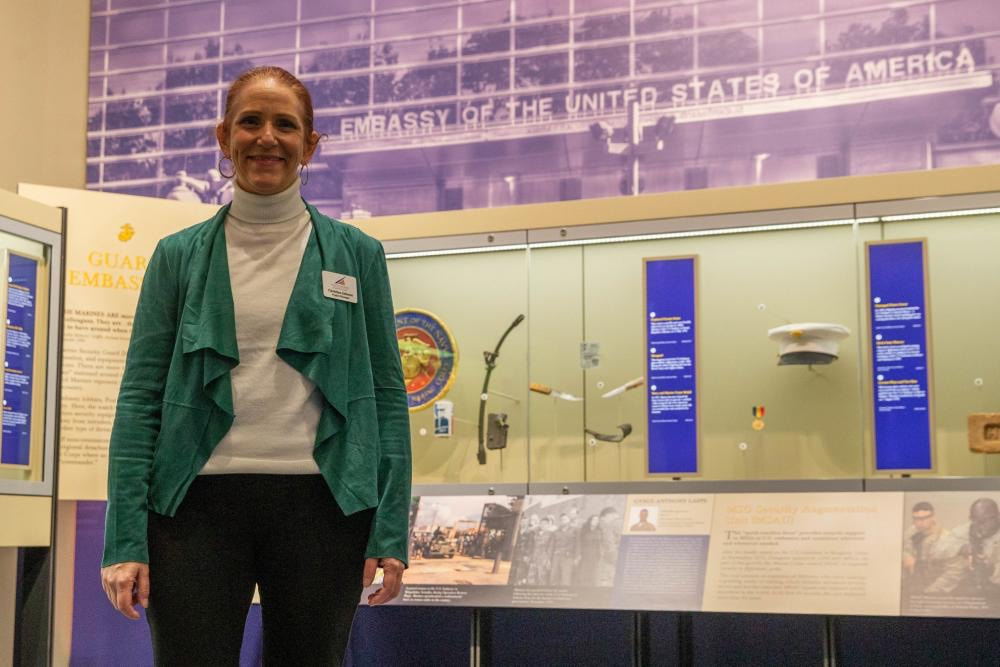
3.24.2022
Story by Lance Cpl. Jennifer Sanchez
Marine Corps Recruiting Command
Prior to the COVID-19 pandemic, Johnson, a former sergeant, stood in the museum overlook while observing the traditional cake cutting ceremony for the Marine Corps Birthday. As the Marines march in with the cake and pass the piece of cake from the oldest Marine to the youngest, Johnson notices a woman next to her crying.
"I could tell she was hurting, so I put my hand on her shoulder and tried to comfort her," said Johnson about the proud Marine parent. "Come to find out later; she lost her son recently."
After the ceremony, the woman later told Johnson she had a better appreciation for the Marine Corps. The museum provides an avenue for Johnson as she can meet with from different eras and family members, touched by the exhibits of the Marine Corps. "This museum has the ability to bring veterans and families together and become a community for people," said Johnson. "I wouldn't be where I am now if I hadn't joined the Marine Corps."
The San Gabriel, Calif., native served in the Marine Corps for five years in the military police occupational specialty and was selected for Marine Corps Embassy Security Guard. After Johnson worked as a contractor in the U.S. Drug Enforcement Administration training facility for five years and briefly worked at Prince William Forest Park in Triangle, Va., Johnson jumped at the opportunity to join the NMMC a year after its official opening in 2006.
"Over the years, Christina has made a number of contributions that have supported the Museum staff in accomplishing our mission," said Annie Prado, Director of NMMC. "Christina's understanding of the Corps, its ethos and its mission gives her an edge in the work that she does at the Museum."
Johnson has become a central figure in creating visual stories for Marine Corps history, even becoming part of an exhibit. She was cast as the figure for the MCESG section in the museum. She is proud of this while working hard to see the museum expansion completed.
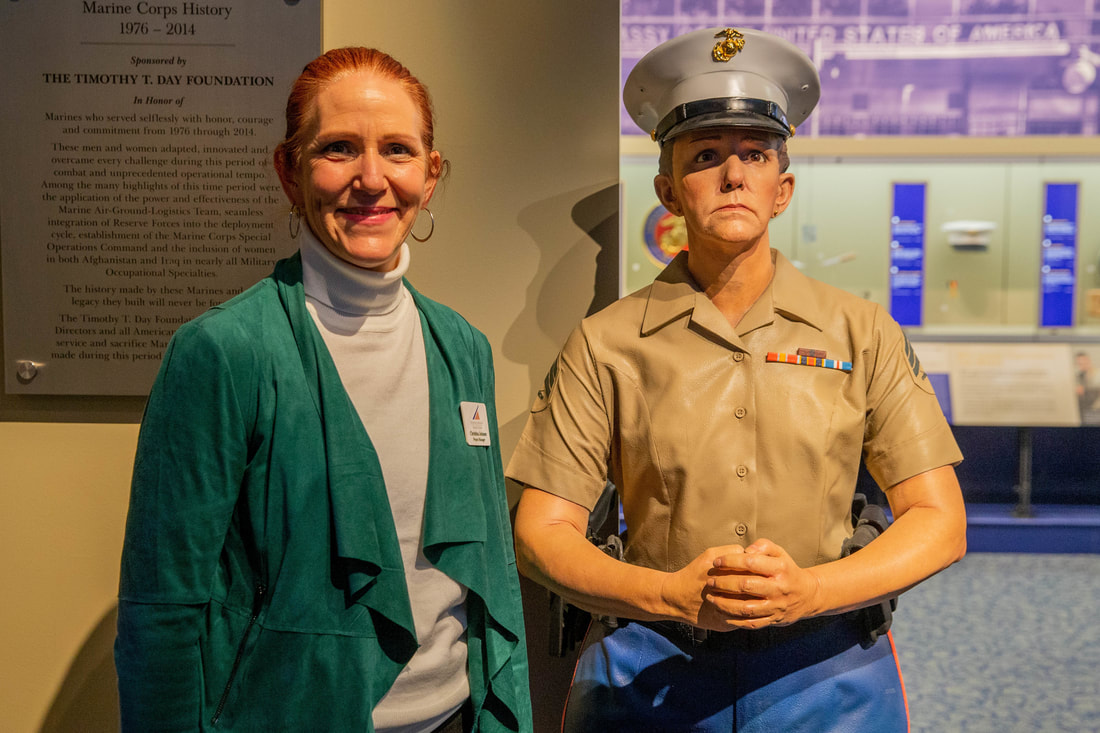
"It's great having her do the planning and the analytical aspect of things for the exhibit," said Jackson. "Christina is very driven, dedicated, even though she's been out for a while, she is a Marine through and through, and I don't think you can take that out of people."
Johnson and Jackson have worked on many projects together, but the final phase is an exhibit they are currently excited about showing. With a team of people, they are were able to preserve history soon after it was made in Iraq and Afghanistan for the upcoming exhibit.
"When we open up these galleries, we're going to see the Marines and their families come in and it's going to mean so much personally because they were there," said Jackson.
Johnson went to Pasadena City College in Pasadena, Calif., after high school. However, after a year in college, she found herself more focused on having a good time than on her studies.
"I was just so lost. I went to college, but my heart wasn't in it at all," said Johnson. "I knew that if I stayed, I would have gone down the wrong path. I needed to get my head straight."
After one of her classes, she walked across the street to a recruiting office and met with a recruiter, who guided her into the Corps. After a nine-month period in the delayed entry program, she officially stepped onto the yellow footprints at Marine Corps Recruit Depot Parris Island, SC., in February 1993.
After graduation, she went to Fort McClellan, Anniston, Ala., for military police school was located and then on to the base provost marshal office at Quantico. Johnson stood 12-hour shifts as a gate watch stander, made patrols on base and guarded the ammunition supply point for her first two years in the Corps.
Johnson learned about the MCESG program after a recommendation from her first sergeant. According to MCESG, a security guard's mission is to protect mission personnel and prevent the compromise of national security information and equipment at U.S. facilities.
"We used the same weapons and tactics like using pepper spray, handcuffing, restraints and using non-lethal force," said Johnson. "I had to have a clean record, be financially secure and go through psychological and physical tests."
At the time, Embassy duty required a Marine to serve overseas for three years with the opportunity to serve in three different embassies, but Johnson had only two years left on her contract. She decided to extend for an extra year in the Marine Corps. Only four of the 80 in her class were women. Women only made up around six percent of the Marine Corps at the time of her service.
"[As a woman,] it's always that next part, you have to prove yourself, telling yourself you can do this, I can do this job, this is what I came to do," said Johnson. "In that respect, it was harder to prove to some people than others. They wouldn't exactly talk me down, but I could feel their judgment."
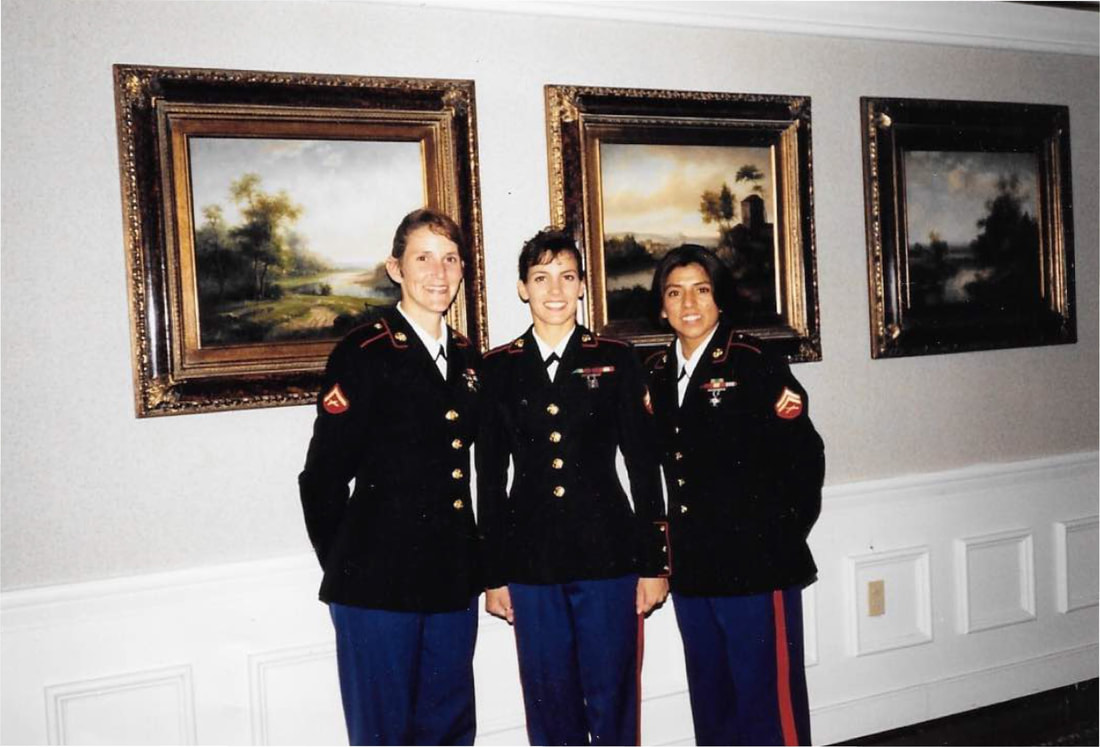
"That was a phenomenal post," said Johnson. "We just went everywhere for professional military education, not only are you learning about their culture but you have the opportunity to be immersed in it."
The embassy was right next to the beach, so she would spend time with the locals or with her fellow Marines after the long working hours. Johnson worked 12-hour shifts every day, similar to what she did as military police. She would work three days in a row with two days off; one day in the morning, then middays and lastly ending in evening shifts.
"You can spend two weeks in another country and get a taste of it, but in MCESG, you can hang out with the locals and have the opportunity to be invited to their family dinners, weddings and 'bar mitzvahs," Johnson said.
Johnson then transferred to U.S. Embassy in Dakar, Senegal.
"The people in Senegal were just so unbelievably humble for what they lived in and how they lived," said Johnson.
At the time of Johnson's duty in Dakar, military coups were prominent in West Africa.
"The people of Senegal gave us a sense of welcoming and they wanted to help in any way they could. They were thankful since there were dangers around the area," said Johnson. "It's not like Dakar's a dangerous post like in other stations you would be confined to compound."
Due to continuous strains on her shoulder over the years, Johnson's MCESG career ended early. She had to return to Quantico and went through surgery. Johnson was healing from her operation and could not go back to her life as an MP, therefore she was transferred to the Naval Health Clinic Quantico. It is there that she met her future husband. Now, Johnson takes the knowledge and experiences she gained from the Marine Corps continues to give back long after hanging up the uniform.
"Those words that they cram down your throat in boot camp, it instilled that sense of honor and the Esprit de Corps, it sounds so cliché, but it's true," said Johnson. "I have more of a sense of timeliness and that drive now than I did before."
Article Source: https://www.dvidshub.net/news/417107/veteran-marine-works-preserve-history-she-helped-create

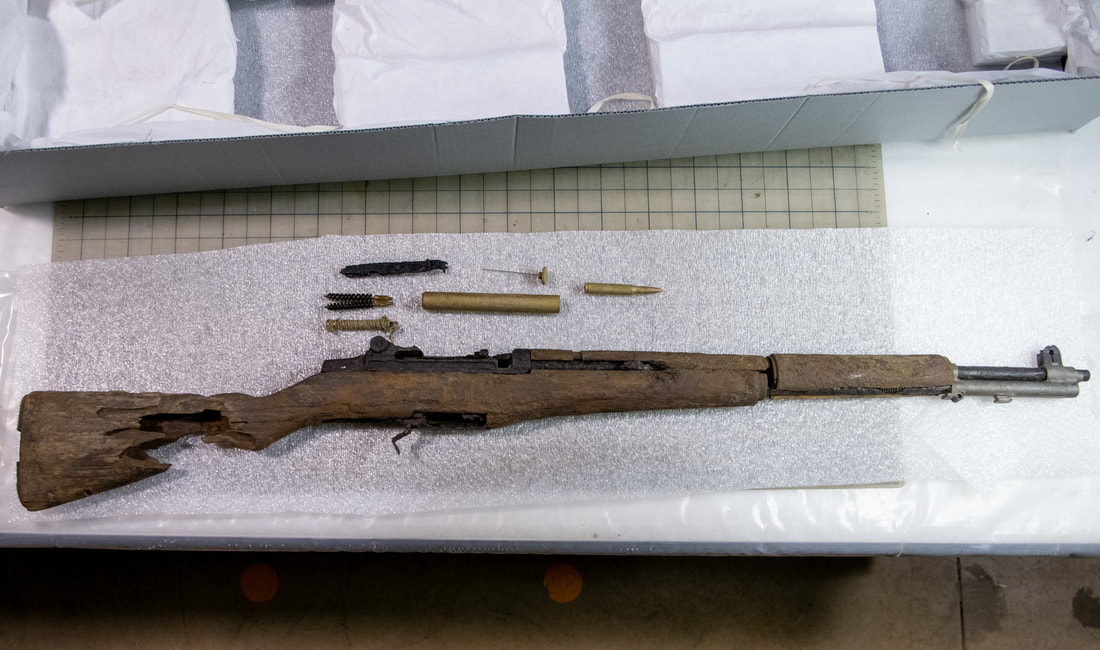
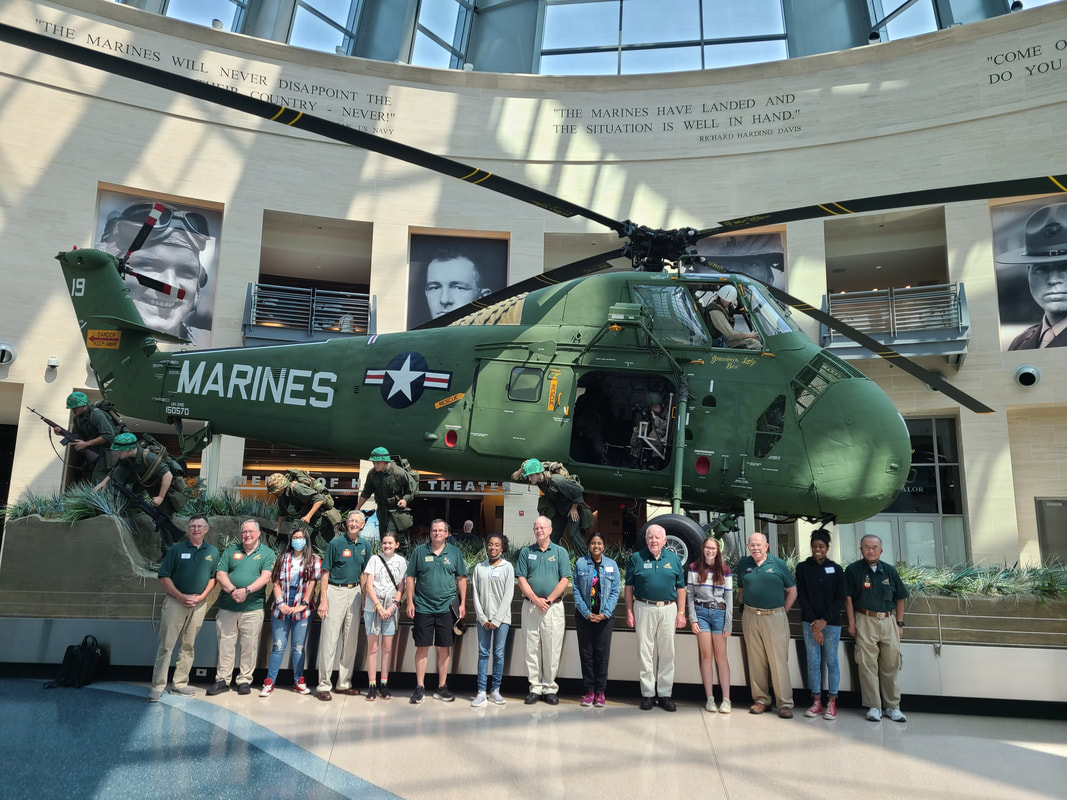
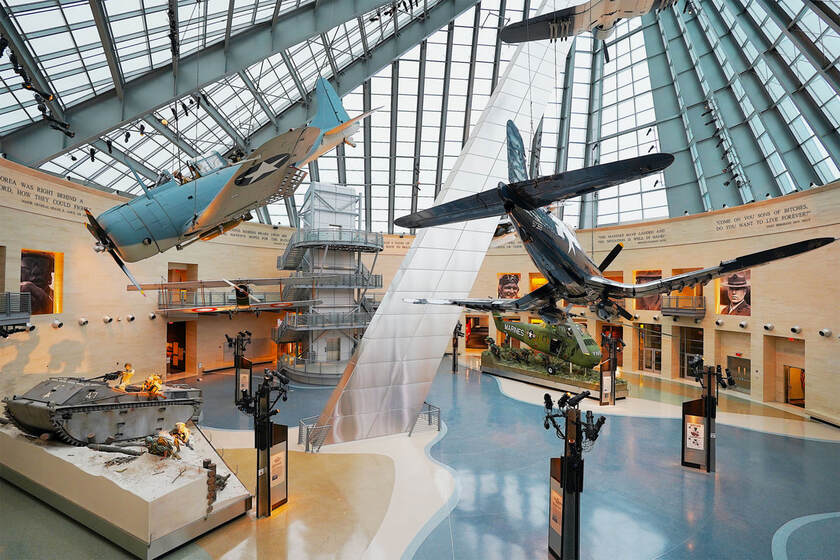
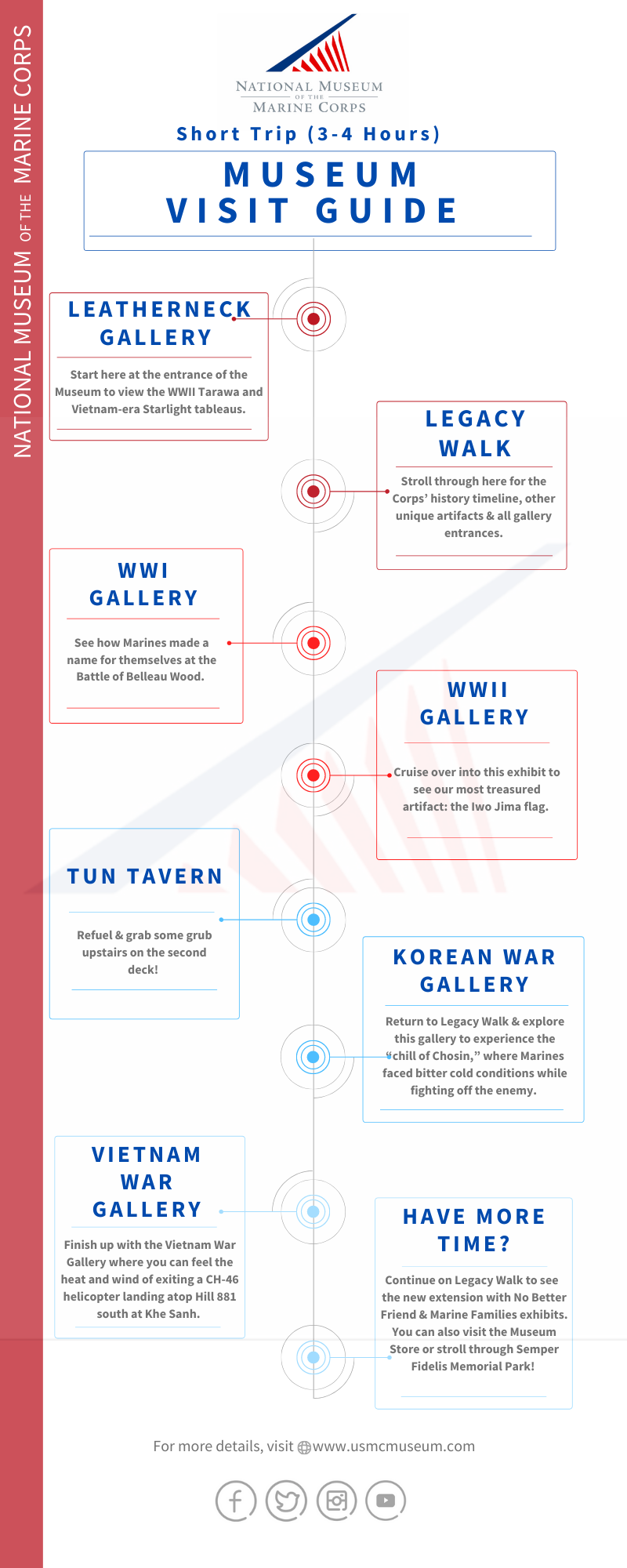
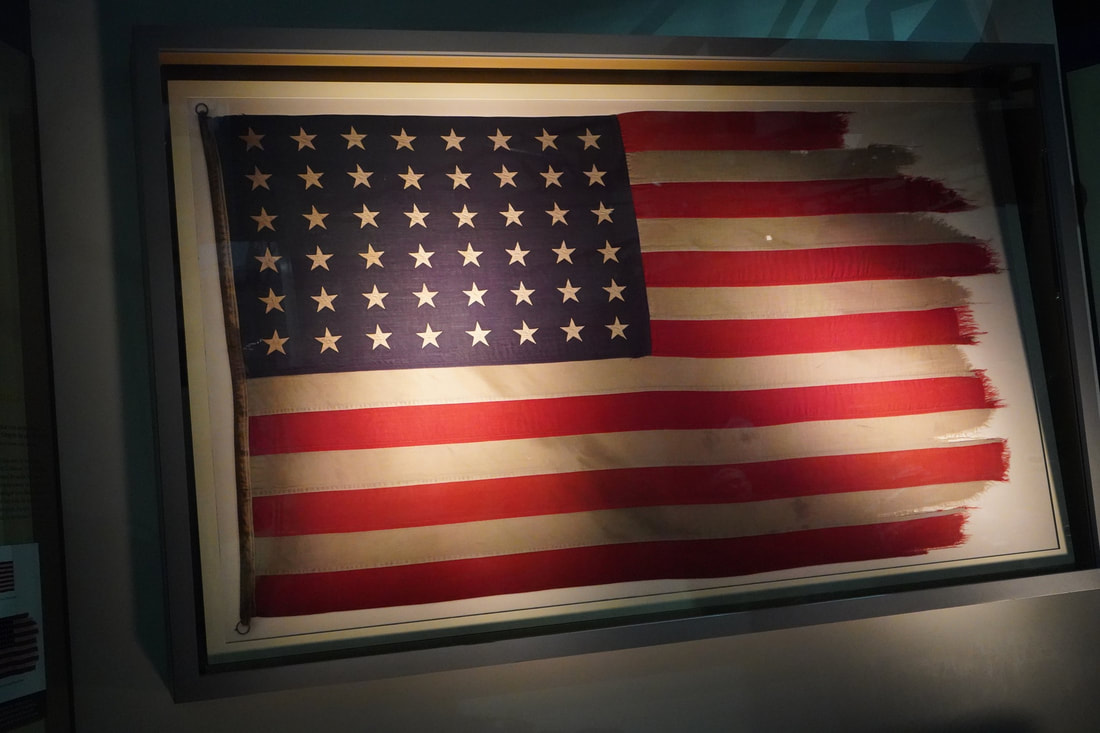
 RSS Feed
RSS Feed







